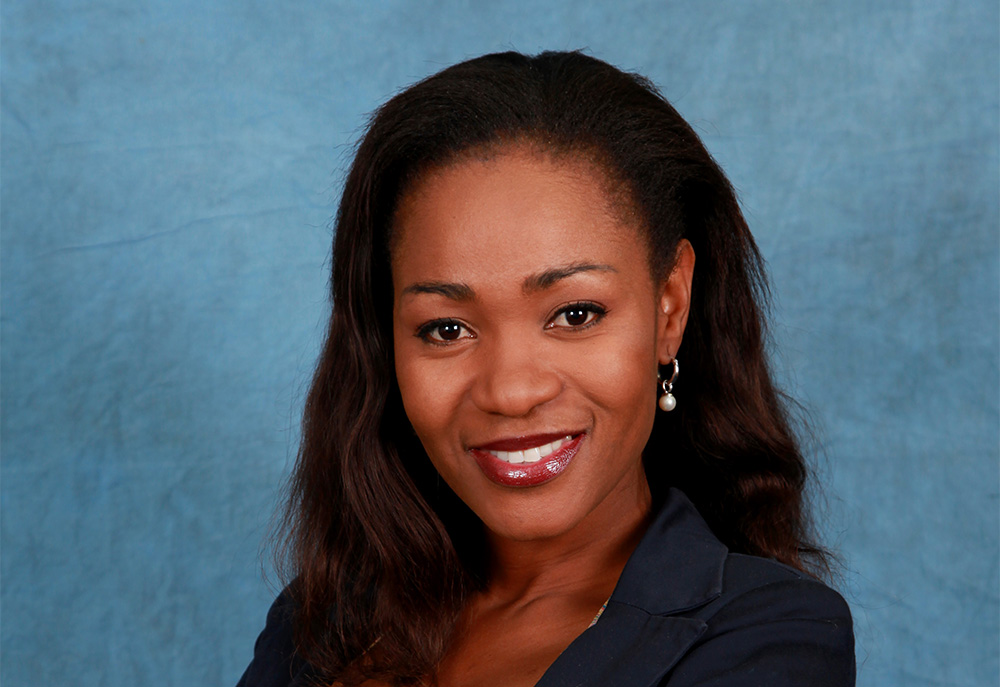
Zimbabwean Women Deserve Decision-Making Power
By Nomhle Mujakachi
According to the World Economic Global Gender Gap Report 2017, Rwanda has one of the highest rates of female parliamentarians for the past decade due to quotas that stipulate that women must make up 30% of parliamentarians. Let’s compare this to Zimbabwe, where it has been predicted that it will take up to 102 years for women to reach fair representation in political office.
Why is this important?
Research suggests that when women work in politics, they put real important issues on the table; that have the significant impact on not only the growth of the economy but on how society will thrive.
Instead of subjecting our women political candidates to harsh derogatory remarks that would rarely be directed at men, why not focus on engaging them to prepare for a Zimbabwe that is truly open and future-ready to compete against regional and global economies.
Rwanda, ranked 4th, is the only African country in the top ten of the Global Gender Gap Report of 2017. The country achieved this by closing 82% of its overall gender gap, in part due to its continued progress on its economic participation and opportunity, improved parity in estimated earned income, and in particular, by being the country with the highest share of women parliamentarians.
There is a clear value-based case for empowering women via political participation. In Zimbabwe, there are 8,447,210 women, which represent 50.7% of the total population. As such, it is my firm belief that women, and in particular, Zimbabwean women, deserve more than just access to quality healthcare, education, economic participation and earning potential.
Zimbabwean women deserve political decision-making power
The Peterson Institute for International Economics, in its study of 21,980 companies across 91 countries found that women-led organisations yield significantly higher net margins. Recent studies also show that women’s involvement in the political sphere has a positive impact on equality across society as a whole because the issues that women advocate, prioritize and spend their money on have far reaching societal effects touching on family life, education and health. Women in politics nurture greater credibility in institutions which in turn foster democratic outcomes and increased economic participation.
Still a long way to go?
While Zimbabwe has crossed a symbolic milestone on the number of women entering the political fray due in part to the parliamentary quotas and to the November 2017 Phenomena, we can hardly rest on our laurels. Abuse against women who dared step into the political spotlight is shocking! I raise my glass to the crop of brave Zimbabwean women who have dared to pave the way for many others by running for office at council, parliamentarian and presidential level. Yes, you deserve an opportunity to political decision-making power. It is time for the majority of women to step up their vote for women and turn the tide. You can do it without woman-on-woman abuse. There’s enough of abuse and bullying of women by men. I need not dwell it for many have already highlighted the damning abuse levels in print and digital media.
- Nomhle is a tech-entrepreneur and emerging markets business strategist with 18 years of ICT industry experience in multiple geographies such as Europe, Middle East and Africa. Nomhle harnesses her diverse experience in ICT and Renewable Energy Consulting. She is a certified Project Manager and a Bloomberg Media Alumni with television presenting experience.
Facebook.com/Nomhle Mujakachi
Twitter:@nomhl
blog.nomhle.com


TNM
It seems to me that, with over 50% representation within the electorate, women simply need to better support women.